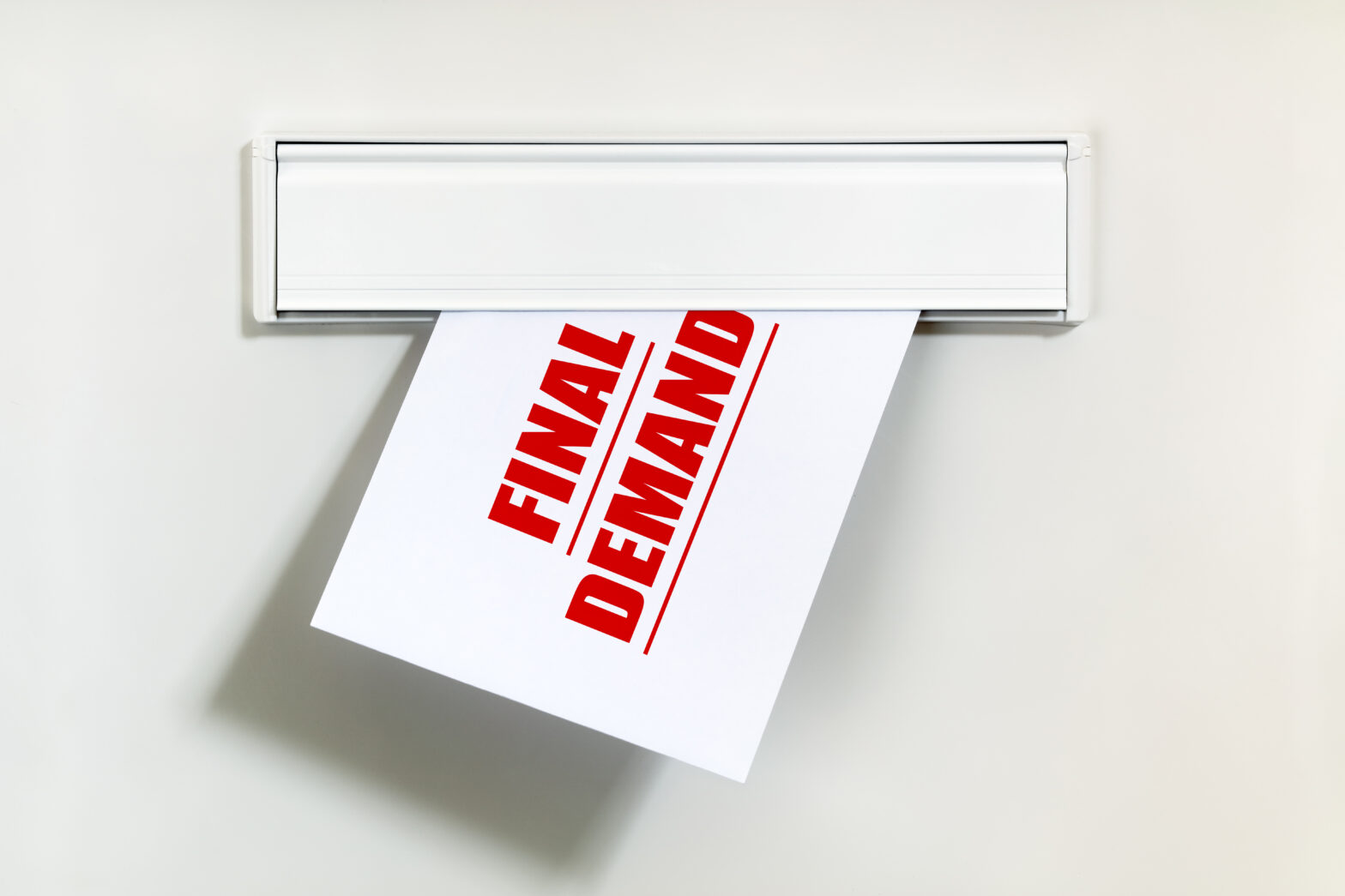Late payments to small businesses continue to rack up – recent research from TaxAssistAccountants reveals that UK small businesses are being prevented from accessing an enormous £266 billion that is rightfully theirs, because of late payments from suppliers. Needless to say, these delayed payments can be extremely detrimental to the financial health of a small businesses, causing serious cash flow problems. Late payments aren’t welcome, but they are a reality. With this in mind, here is how small businesses can mitigate their impact – remember, it’s not a sale until you receive a payment for the item or service.
Forecast with honesty
Failing to think far enough in advance about the cash that will be needed is one of the most common pitfalls for small businesses. Accurate forecasting requires real honesty, which can sometimes be difficult for ambitious small business owners with a tendency to veer on the side of optimism. If sales are dipping, you must be ready to acknowledge this and act quickly, whether in terms of seeking finance, or making sure that you keep lines of communication open with your own suppliers when there are issues. Most people will be fine with this, it’s the not knowing that causes the problem.
Have a credit control process in place
This needs to be in place before your first sale. You need to be set up to invoice clients accurately, and make sure that you are billing the correct entity with the correct details. Maintaining a strong relationship with the client is also a good way to increase the likelihood that they will pay you on time. Remember the clients that always pay on time, and make the effort to thank them – it won’t go unnoticed.
You can help take the administrative burden off the client by putting a direct debit system in place, though bear in mind that some clients may not like this approach. After a sale takes place, don’t be afraid to be proactive in following up with the client. Indeed, the longer a debt goes unpaid, the more likely it is it will remain unpaid.
Plan ahead
If you do find that payments are late your first question should be ‘why?’ Be sure to look at any internal problems. Perhaps you have a faulty product or service – speak to your client to figure out the issue so you can do everything within your power to resolve it quickly.
Similarly, check to see that these late payments are not causing further issues for your business. Be aware of how many sources you are borrowing money from. Repaying loans with interest to numerous people can leave a business running even harder to catch up, yet still falling behind.
If you plan far ahead enough in advance, you will not need to rely on short-term loans to deal with late payments and bad debts.
Don’t wait until it’s a last resort
Move away from the idea that finance should only be used as a last, reactive resort in desperation. In fact, smart businesses use finance for growth. Business owners plan their strategy for office space, customers and suppliers – planning your finance requirements should be no different.
The size of a business should not change the fact that financial planning is an extremely important area. It’s a case of taking control. You wouldn’t fail to plan your own personal finances, so you can’t ignore your business’s finances.
Research your options
If you decide that securing additional finance is the best option to help you deal with late payments, then be aware of the different ways in which you can secure funding. Researching alternative funding sources could save time and money, particularly if you look into these alongside traditional options. Banks can take a long time to say ‘no’, by which point it may be too late. Do your homework – you should be looking for the right type of finance that is tailored to your needs to help your business flourish, rather than cash as a quick fix.
Simon Willmett is finance director at Nucleus Commercial Finance.





